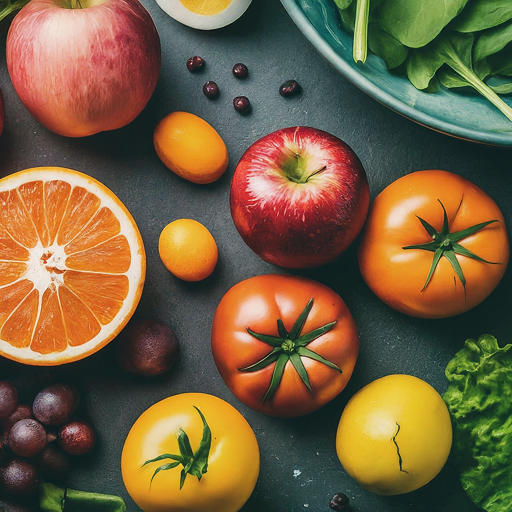In today’s world, where the cost of groceries seems to be ever on the rise, finding ways to save money while still enjoying delicious meals is becoming increasingly important. One significant area where savings can be found is by cutting down on food waste right in our own kitchens.

Understanding Food Waste
Food waste is a big problem in many households. It happens when we buy more food than we can eat, and then end up throwing some of it away. Not only does this waste food, but it also wastes money and harms the environment. According to research by Edward Jaenicke, a professor at Penn State, the average American household wastes almost a third of the food it buys. That’s a lot of wasted money and resources!
Knowing When Food is Safe to Eat
One common reason for food waste is misunderstanding expiration dates. While it’s essential to throw away food that’s gone bad, many items are still safe to eat after their printed dates. Labels like “use by” or “best by” are just suggestions from the manufacturer about when the food will taste best. It doesn’t mean the food is bad if you eat it after that date. It’s important to use your senses – like smelling and looking – to check if the food is still good to eat.
Also Read: Six Lifestyle Tips for a Healthier You
First in, First out
A simple trick to avoid wasting food is to use the FIFO method: first in, first out. This means using the oldest food first, before it goes bad. When you put groceries away, move older items to the front of your fridge or pantry, so you’re more likely to use them first.
Optimizing Food Storage
Storing food properly can help it last longer. For example, your fridge should be set at 40°F or below to keep food fresh. It’s also essential to store perishable items like meat, dairy, and vegetables in airtight containers to prevent them from spoiling too quickly. Freezing food can also extend its shelf life, so don’t hesitate to pop extras in the freezer if you can’t use them right away.
Avoiding Buying Too Much
Buying in bulk can save money, but it can also lead to food waste if you can’t eat everything before it goes bad. Try to buy only what you know you’ll use, especially when it comes to perishable items like fruits and vegetables. Consider purchasing smaller portions or sharing bulk purchases with friends and family to avoid waste.
Getting Creative with Leftovers
Instead of letting leftovers go to waste, get creative with how you use them. Leftover vegetables can be added to soups or stir-fries, while stale bread can be turned into croutons or breadcrumbs. Don’t be afraid to experiment with new recipes or flavor combinations – you might discover a new favorite dish!
Also Read; Evidence-Driven Approaches to New Year’s Goal Setting
Taking Action
By making small changes to our shopping, storage, and cooking habits, we can all play a part in reducing food waste. Not only will this save us money, but it will also help protect the environment for future generations. So, let’s say goodbye to food waste and hello to smarter, more sustainable food choices!



















